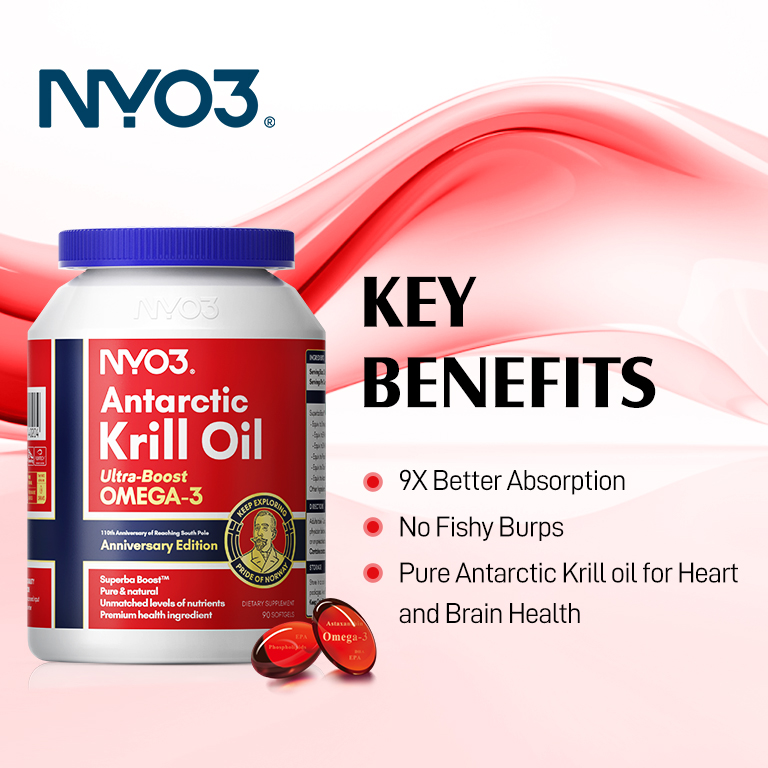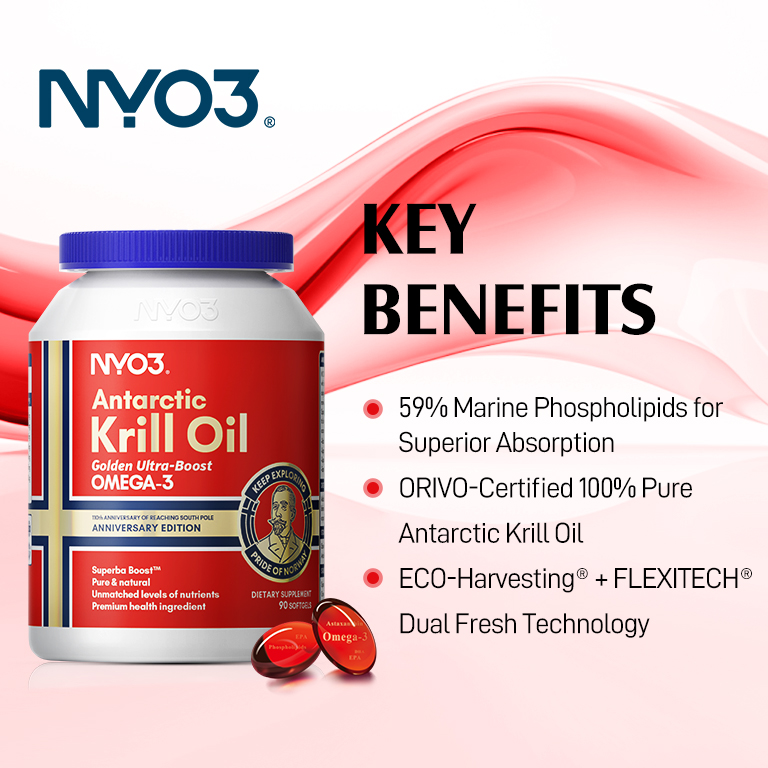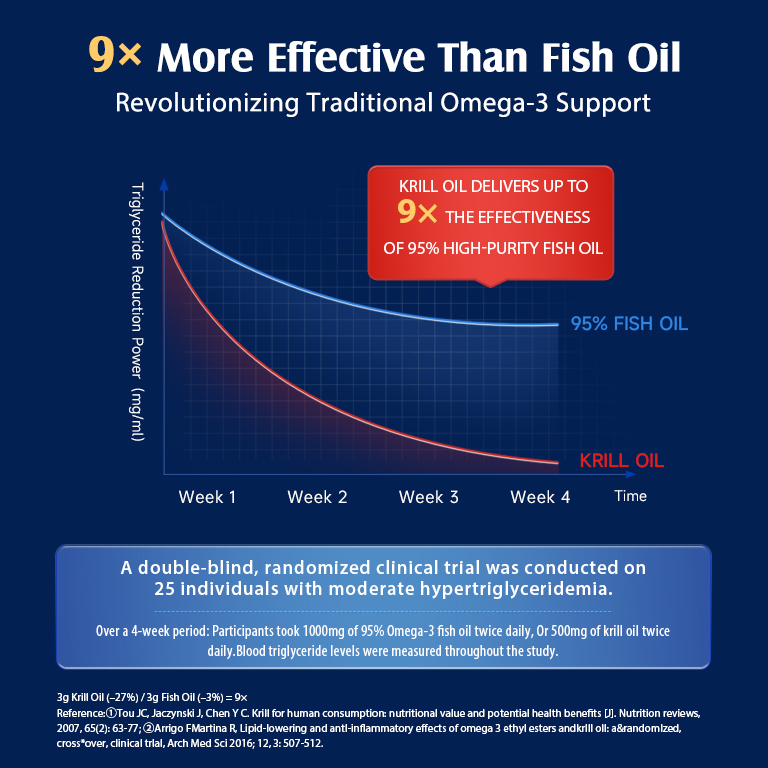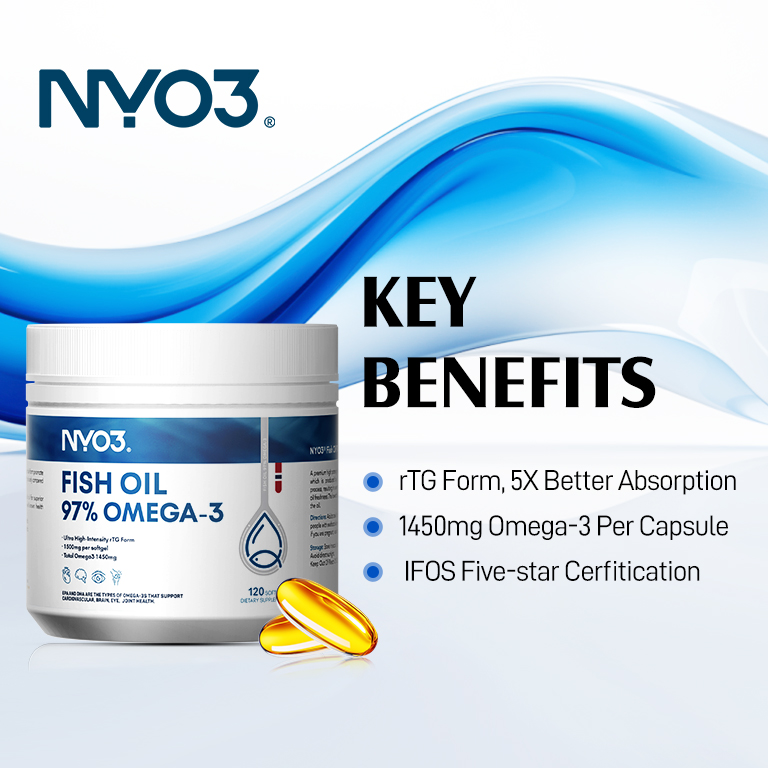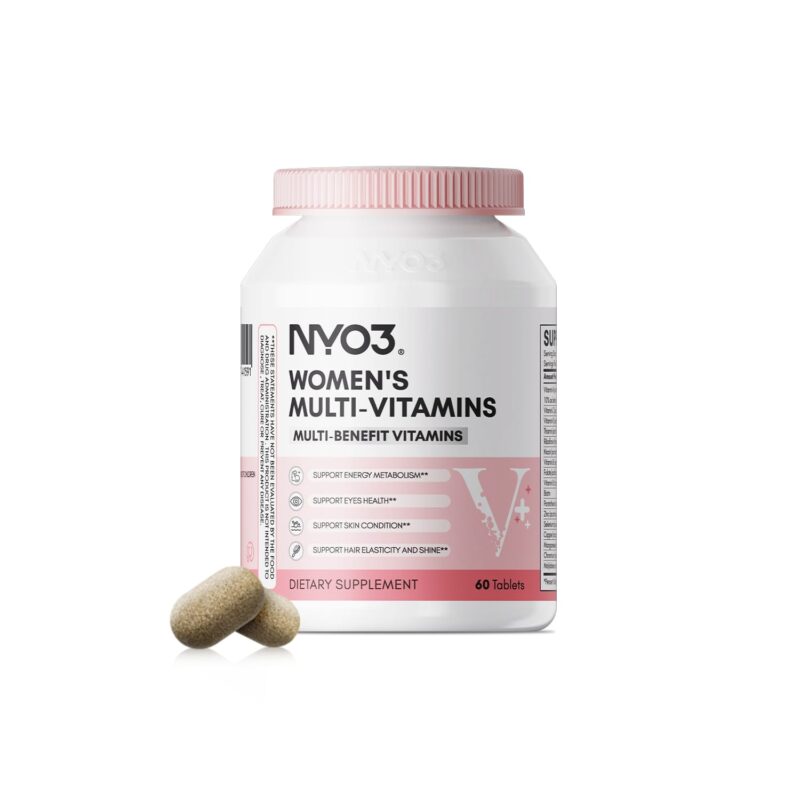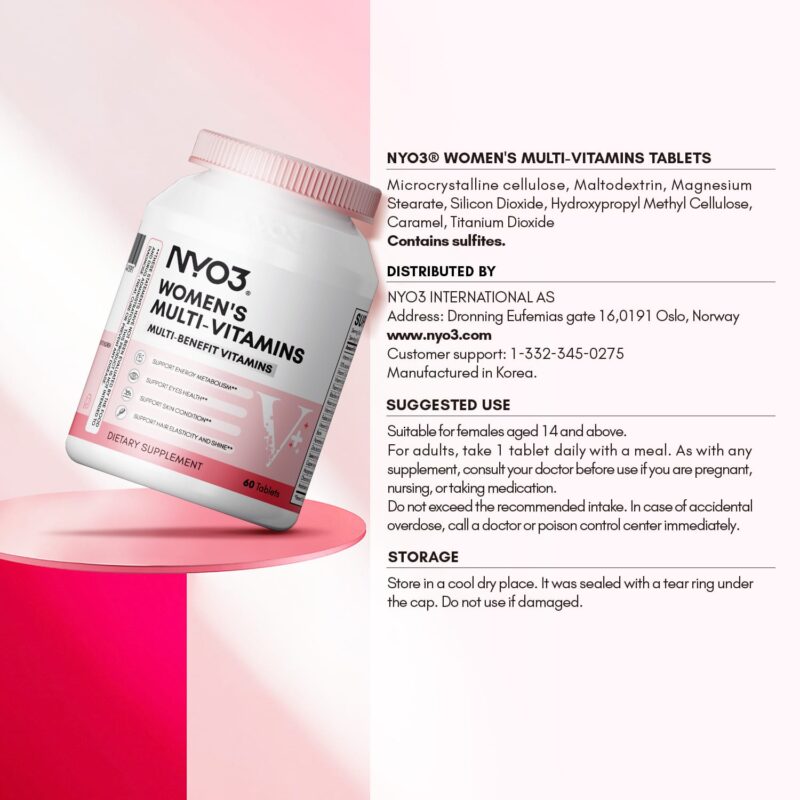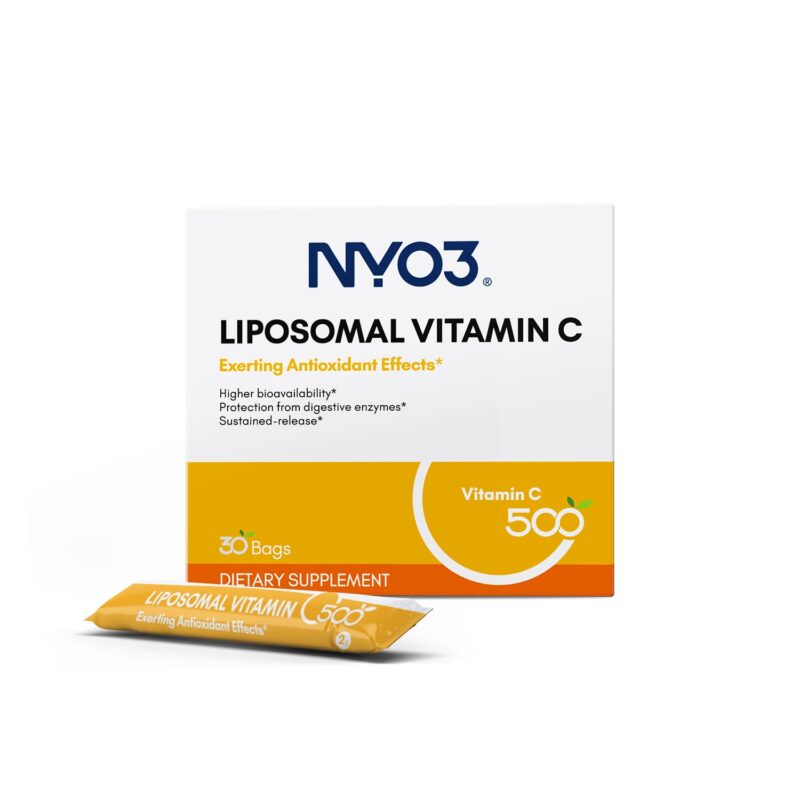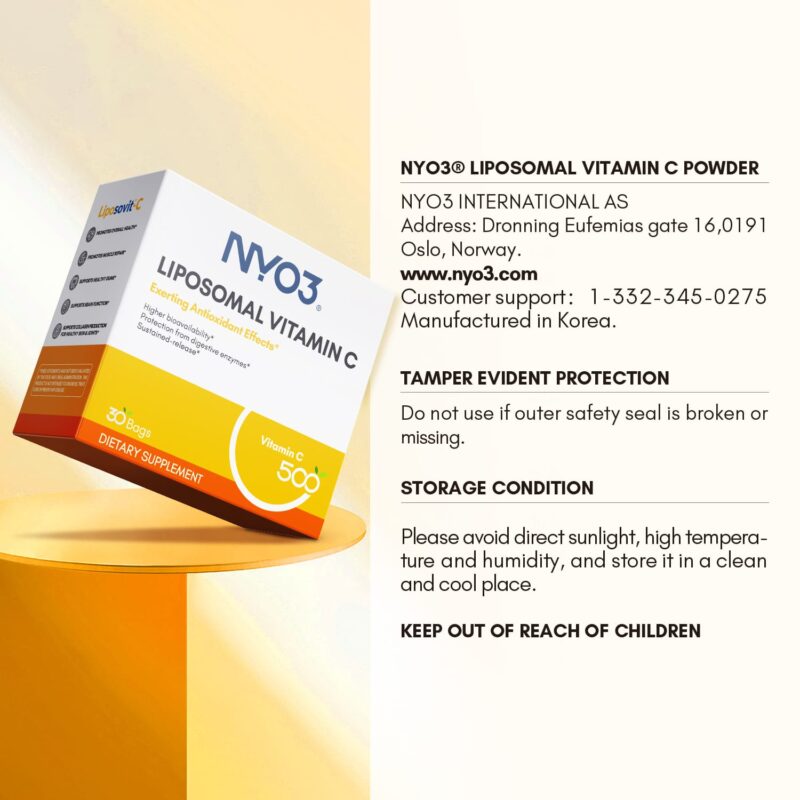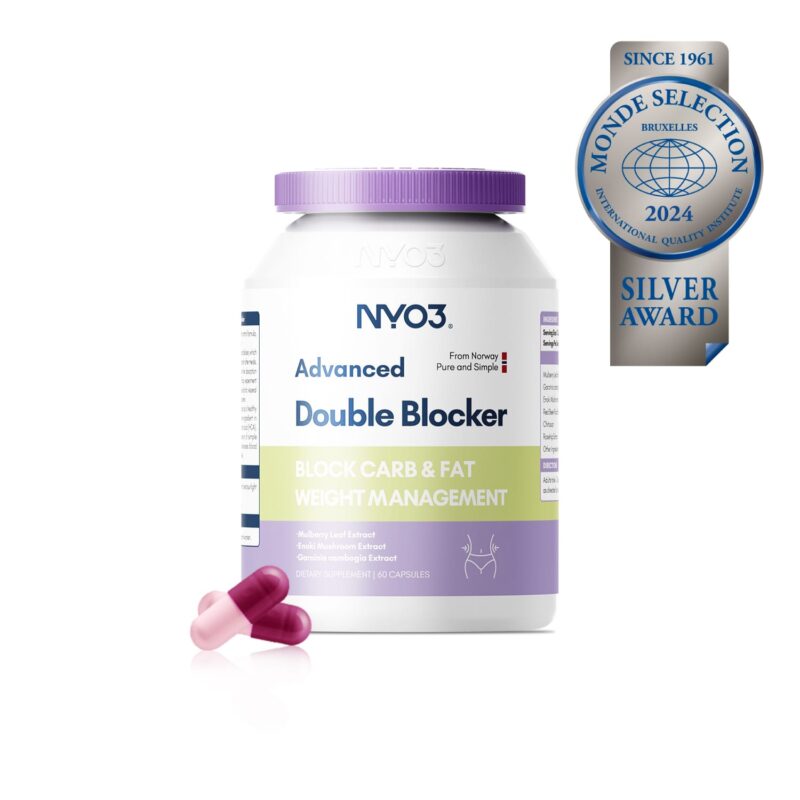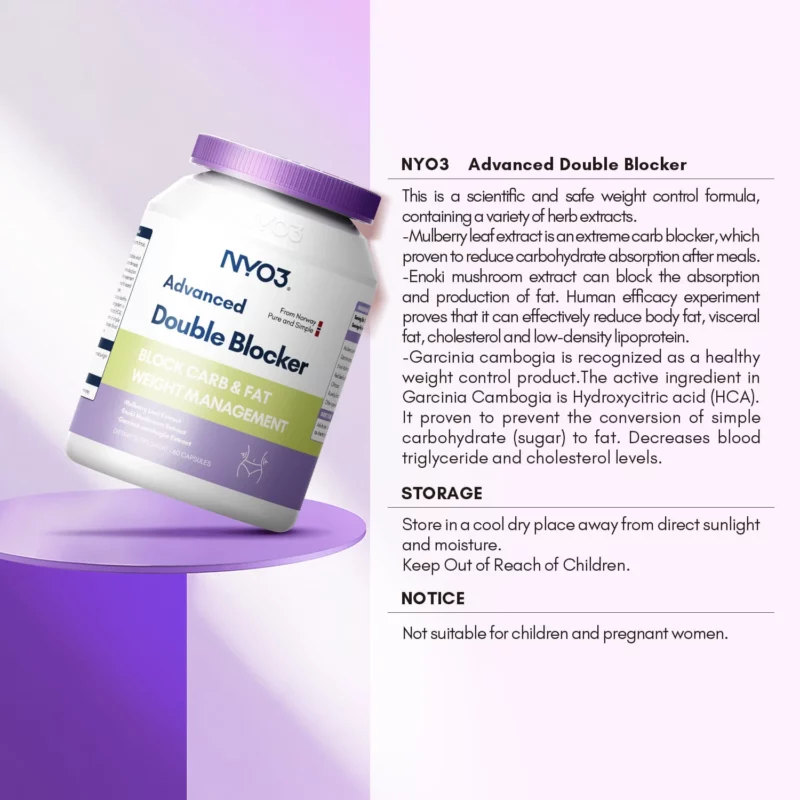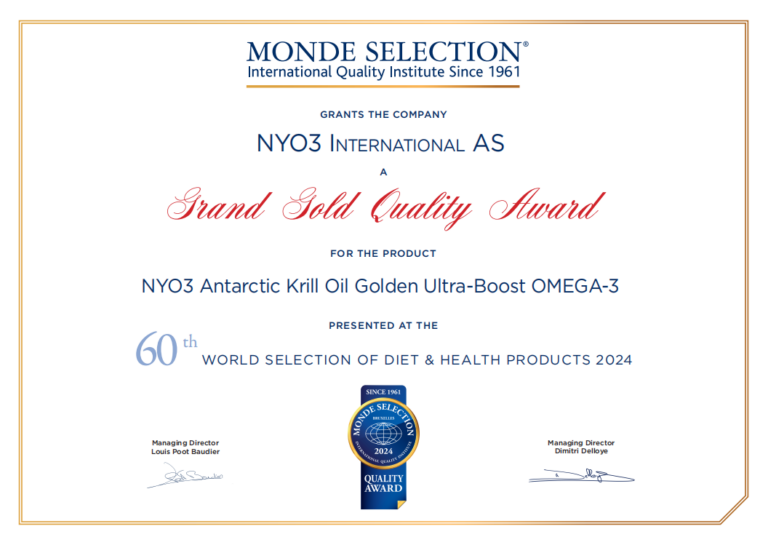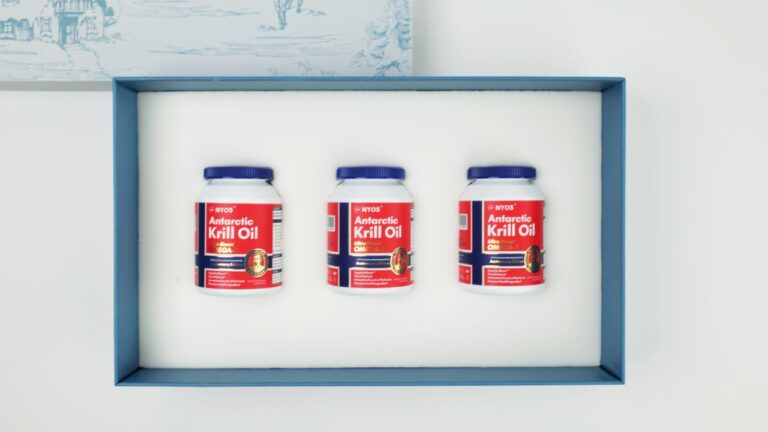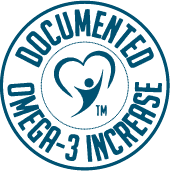7 Best Longevity Supplements for Enhanced Health and Aging
Looking for ways to support your health as you age? Many people turn to supplements to help them live longer, healthier lives. While no pill can replace a balanced diet and regular exercise, certain supplements have shown promise in supporting healthy aging.
Research suggests that vitamin D, creatine, magnesium, and curcumin are among the supplements that may benefit longevity. These supplements can help maintain muscle mass, support bone health, and reduce inflammation—all important factors in healthy aging.
Before adding any supplements to your routine, it’s important to understand which ones have scientific backing. Some, like CoQ10 and vitamins C and E, have research supporting their anti-aging properties. Others, such as nicotinamide mononucleotide (NMN) and fisetin, are newer to the scene but showing promise in longevity research.
The Science of Longevity and Supplements
Scientific research reveals specific biological mechanisms that drive aging, which certain supplements can target to promote healthier, longer lives. Current evidence suggests that while no single pill guarantees immortality, several compounds show promising effects on cellular health and lifespan.
Defining Longevity and Its Relation to Supplements
Longevity refers to your ability to live a longer, healthier life with reduced age-related decline. It’s measured not just in years lived but in the quality of those years. Your cellular health plays a crucial role in this process.
Modern supplements target specific pathways involved in aging. For example, NAD-boosting compounds like NMN and NR aim to enhance mitochondrial function, which declines with age.
Certain supplements work by:
- Reducing cellular damage from oxidative stress
- Supporting DNA repair mechanisms
- Promoting autophagy (cellular “cleanup”)
- Mimicking the effects of caloric restriction
Your supplement choices should align with addressing these biological processes rather than simply following trends.
Overview of Longevity Research
Scientific research on aging has accelerated dramatically in recent decades. Studies now focus on measurable biomarkers of aging rather than just chronological age.
Key research areas include:
- Senescent cells – “zombie cells” that accumulate with age
- Telomere preservation – maintaining the protective caps on DNA
- Metabolic flexibility – efficiently switching between energy sources
- Inflammation control – reducing chronic, low-grade inflammation
Creatine and vitamin D are among the most well-studied supplements with substantial evidence supporting their benefits. Newer compounds like urolithin A show promise for mitochondrial health but have less extensive human research.
Research institutions like the Stanford Center on Longevity are now evaluating supplements specifically for healthy aging beyond basic nutrition.
Essential Vitamins for Healthy Aging
Certain vitamins play crucial roles in maintaining health as you age, supporting everything from bone strength to brain function. These nutrients can help combat age-related decline and promote longevity when included as part of your daily regimen.
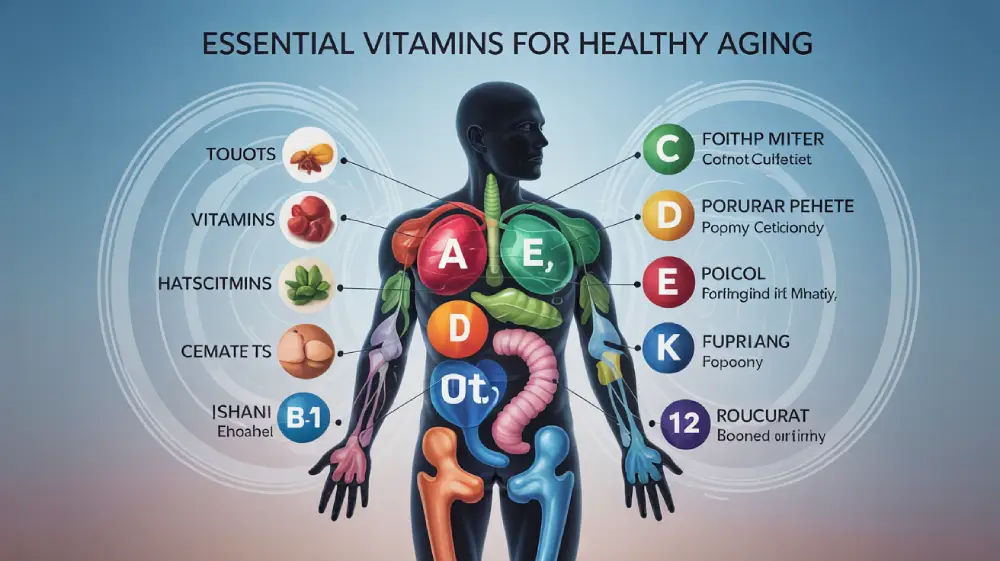
Vitamin D and Bone Health
Vitamin D is essential for calcium absorption and maintaining strong bones as you age. Your body produces it naturally when exposed to sunlight, but production decreases with age.
Low vitamin D levels are common in older adults and can lead to:
- Increased risk of osteoporosis
- Higher fracture rates
- Muscle weakness
The recommended daily intake ranges from 600-800 IU for adults, but many experts suggest 1,000-2,000 IU for optimal aging benefits. Food sources include fatty fish and fortified dairy, but supplements are often necessary to reach adequate levels.
Research shows vitamin D may promote muscle and bone strength, making it one of the most important supplements for longevity. Blood tests can determine if you need supplementation.
B Vitamins for Energy and Cognitive Function
B vitamins are vital for energy production, nervous system function, and cognitive health. Vitamin B12 is particularly important as your ability to absorb it decreases with age.
Key B vitamins for healthy aging include:
- B12: Supports nerve function and red blood cell formation
- Folate (B9): Essential for cell division and DNA synthesis
- B6: Aids in protein metabolism and immune function
B12 deficiency can mimic dementia symptoms and cause nerve damage if left untreated. Adults over 50 should consider B12 supplements or fortified foods since absorption from natural food sources declines with age.
Regular blood work can identify deficiencies before symptoms appear. Consider a B-complex supplement if you follow a plant-based diet or take medications that deplete these vitamins.
Antioxidant Vitamins and Free Radical Damage
Antioxidant vitamins help neutralize free radicals that contribute to aging and disease. These unstable molecules damage cells over time, accelerating the aging process.
Powerful antioxidant vitamins include:
- Vitamin C: Supports collagen production and immune function
- Vitamin E: Protects cell membranes from oxidative damage
- Vitamin A: Maintains skin health and vision
These vitamins work synergistically to provide anti-aging benefits. You can find them in colorful fruits and vegetables, nuts, and seeds.
While supplements can help, food sources typically provide better absorption and additional beneficial compounds. Aim for 5-9 servings of fruits and vegetables daily to maximize your antioxidant intake.
Research suggests these vitamins may help reduce inflammation and protect against age-related diseases like heart disease, cancer, and macular degeneration.
Important Minerals in Longevity Supplements
Minerals play a crucial role in extending healthy lifespan through their involvement in cellular function, bone health, and enzyme activity. Research shows that specific minerals can support longevity pathways when included in supplement regimens.

Calcium’s Role in Longevity
Calcium does more than just build strong bones. As you age, your calcium absorption naturally decreases, making supplementation more important for longevity purposes.
Studies suggest that maintaining optimal calcium levels can reduce risk factors associated with age-related conditions. Calcium helps regulate cell signaling and enzyme function, processes that become less efficient with age.
The recommended daily amount varies by age, but most adults need between 1,000-1,200 mg daily. Food sources like dairy products provide calcium, but supplements can help bridge the gap.
Key benefits for longevity:
- Maintains bone density to prevent fractures
- Supports proper muscle contraction
- Assists in nerve signal transmission
- Helps regulate blood pressure
Too much calcium can be problematic, so pairing with vitamin D3 improves absorption and utilization.
Magnesium for Cellular Functions
Magnesium emerges as one of the most essential minerals for healthy aging. It participates in over 300 enzymatic reactions in your body, many directly related to aging processes.
Your cells use magnesium to produce energy, repair DNA, and maintain metabolic function. Many longevity researchers consider it a foundational supplement for anti-aging protocols.
Unfortunately, about 50% of Americans don’t get enough magnesium through diet alone. Stress, certain medications, and aging itself can deplete your levels further.
Daily magnesium needs:
| Age Group | Recommended Amount |
| Adult Women | 310-320 mg |
| Adult Men | 400-420 mg |
| Adults 65+ | 420 mg |
The best longevity-focused forms include magnesium glycinate, malate, and threonate. Glycinate is gentle on the stomach, while threonate may support brain health specifically.
Try combining magnesium supplements with a diet rich in dark leafy greens, nuts, and seeds for optimal results.
Top Anti-Aging Supplements
Recent scientific research has uncovered several promising supplements that may slow certain aspects of aging and promote longevity. These compounds work through different mechanisms, including cellular protection, energy production, and waste removal.
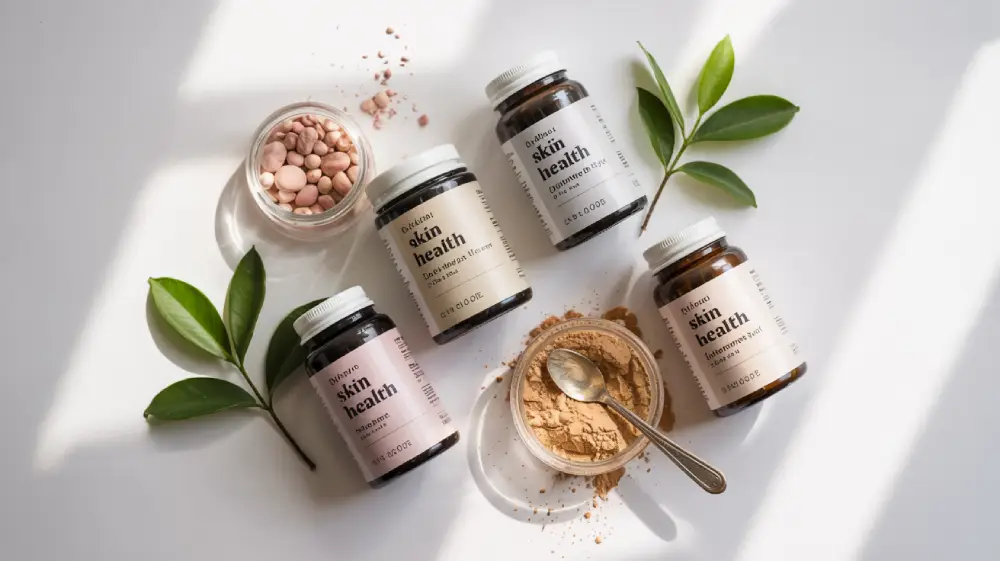
Resveratrol and Its Effects on Aging
Resveratrol is a natural compound found in red wine, grapes, and berries that has gained attention for its potential anti-aging properties. This polyphenol activates sirtuins, proteins that regulate cellular health and longevity.
Studies suggest resveratrol may:
- Protect cells from oxidative damage
- Support cardiovascular health
- Mimic some benefits of calorie restriction
The recommended dosage typically ranges from 250-500 mg daily. For best absorption, look for trans-resveratrol supplements, which offer better bioavailability than food sources alone.
Many users report improved energy levels and skin elasticity when taking resveratrol consistently. However, results vary significantly between individuals, and it works best when combined with a healthy diet and regular exercise.
The Benefits of CoQ10
CoQ10 (Coenzyme Q10) is a naturally occurring antioxidant your body produces that declines with age. This powerful compound plays a crucial role in energy production within your cells.
CoQ10 offers several anti-aging benefits:
- Enhances cellular energy production
- Reduces oxidative stress damage
- Supports heart health
- May improve skin appearance
The two forms available are ubiquinone and ubiquinol, with ubiquinol being better absorbed, especially if you’re over 40. Typical dosages range from 100-200 mg daily.
CoQ10 works particularly well when paired with other antioxidants like vitamin E. Many people notice improved energy levels within 2-3 weeks of consistent supplementation. Those taking statin medications may benefit most, as these drugs deplete natural CoQ10 levels.
Urolithin A and Mitophagy
Urolithin A is an emerging longevity compound that addresses one of aging’s root causes: mitochondrial dysfunction. Your body produces this compound from ellagitannins found in pomegranates and berries.
Urolithin A works primarily by promoting mitophagy, the process of removing damaged mitochondria from cells. This “cellular cleaning” process tends to decline with age.
Key benefits include:
- Enhanced mitochondrial function
- Improved muscle strength and endurance
- Potential neurodegenerative protection
Since natural production varies widely between individuals, supplements providing direct Urolithin A can ensure consistent benefits. Typical dosages range from 250-1000 mg daily.
Early research shows promising results for muscle health, with participants experiencing improved endurance and strength. The compound appears especially beneficial when combined with regular exercise for maximum impact on cellular energy systems.
Nutraceuticals for Skin Health
Certain dietary supplements can significantly improve skin appearance and function by working from the inside out. These compounds support cellular repair processes and combat the visible signs of aging that affect skin tissue.

Collagen for Skin Elasticity
Collagen is the most abundant protein in your body and provides structural support to your skin. As you age, natural collagen production declines, leading to wrinkles and sagging skin.
Supplemental collagen has been shown to improve skin elasticity and hydration. In several studies, participants taking collagen supplements experienced reduced wrinkles and improved skin moisture after 8-12 weeks of consistent use.
The most effective forms include:
- Hydrolyzed collagen peptides – easier for your body to absorb
- Type I and III collagen – most beneficial for skin health
For best results, look for products containing 2.5-10g of collagen per serving. Many users report noticeable improvements in skin texture and firmness within 1-3 months of daily supplementation.
Curcumin and Skin Inflammation
Curcumin, the active compound in turmeric, offers powerful anti-inflammatory benefits for skin health. Its antioxidant properties help neutralize free radicals that accelerate aging.
Studies show curcumin can help with:
- Reducing redness and irritation
- Improving skin tone and texture
- Fighting acne and other inflammatory skin conditions
The challenge with curcumin is its poor absorption. Look for supplements that include piperine (black pepper extract) or use liposomal delivery systems to enhance bioavailability.
Typical effective doses range from 500-1,000mg daily. For skin-specific benefits, consistent daily use is key, as curcumin’s effects build over time.
Omega-3 Fatty Acids and Heart Health
Omega-3 fatty acids play a crucial role in cardiovascular wellness and cognitive function. These essential fats cannot be produced by your body and must come from diet or supplements.

Fish Oil for Cardiovascular Support
Omega-3 fatty acids from fish and fish oil have been recommended by the American Heart Association for over 20 years to reduce cardiovascular events. These beneficial fats can help:
- Reduce inflammation in blood vessels
- Lower triglyceride levels
- Decrease blood pressure slightly
- Reduce the risk of dangerous heart rhythms
However, recent research shows mixed results. Taking 1 gram of omega-3 supplements daily did not significantly lower the overall risk of major cardiovascular disease events in some studies.
For people with existing heart conditions, omega-3 supplements may still be beneficial. It’s important to note that natural sources like fatty fish (salmon, mackerel, sardines) provide additional nutrients beyond just omega-3s.
DHA and Brain Function
DHA (docosahexaenoic acid), a type of omega-3 fatty acid, is particularly important for brain health. It makes up about 30% of the fat in your brain and is essential for normal brain development and function.
Regular consumption of DHA can help:
- Support memory and cognitive processing
- Maintain healthy brain structure as you age
- Reduce inflammation in neural tissues
- Improve communication between brain cells
Omega-3 fatty acids are involved in cell membrane structure and help form signaling molecules for your nervous system. Some research even suggests they may help slow biological aging.
Your brain especially needs DHA to function optimally. While supplements are an option, eating fatty fish twice weekly can provide adequate amounts for most people.
Combating Inflammation with Supplements
Chronic inflammation accelerates aging and contributes to many diseases. The right supplements can help reduce this inflammation and support your body’s natural healing processes.

Turmeric’s Role in Reducing Inflammation
Curcumin, the active compound in turmeric, is one of the most powerful natural anti-inflammatory agents available. It works by blocking NF-kB, a molecule that travels into cell nuclei and triggers genes related to inflammation.
Taking a curcumin supplement can help:
- Reduce joint pain and stiffness
- Lower markers of inflammation in your blood
- Support heart health by improving endothelial function
For maximum absorption, look for supplements containing black pepper extract (piperine). The recommended dosage ranges from 500-1,000 mg of curcumin per day.
Studies show that consistent use of curcumin supplements can be as effective as some anti-inflammatory medications without the same side effects. This makes turmeric an excellent addition to your longevity supplement regimen.
Probiotics and Gut Health
Your gut health directly influences inflammation throughout your body. Probiotic supplements introduce beneficial bacteria that help maintain a balanced gut microbiome.
Benefits of probiotic supplements:
- Strengthen your gut barrier function
- Reduce production of inflammatory compounds
- Support immune system regulation
- Helps digest food more efficiently
Choose multi-strain probiotics with at least 10-30 billion CFUs (colony-forming units). Lactobacillus and Bifidobacterium strains are particularly well-researched for their anti-inflammatory effects.
Taking probiotics consistently can reduce gut inflammation, which often spreads systemically. This can help with conditions ranging from inflammatory bowel disease to skin issues like eczema.
For best results, pair your probiotic supplement with prebiotic foods like garlic, onions, and bananas to feed the good bacteria.
Dietary Supplements and Overall Health
Dietary supplements can play a supporting role in promoting longevity, but they work best as part of a comprehensive approach to health. Understanding how to integrate supplements with proper nutrition creates a foundation for healthy aging.

The Role of Multivitamins
Multivitamins serve as nutritional insurance for many people. They help fill potential gaps in your diet when you can’t get all nutrients from food alone.
A quality multivitamin typically contains essential vitamins and minerals like vitamin D and B12, which support various bodily functions. However, multivitamins shouldn’t replace whole foods.
Research shows that the benefits of nutrients often come from their natural food matrix, not isolated supplements. For optimal results:
- Choose age and gender-appropriate formulations
- Look for products with appropriate dosages (not megadoses)
- Select supplements verified by third-party testing
- Consider your specific health needs and deficiencies
Remember that a multivitamin works best alongside a nutrient-dense diet rich in fruits, vegetables, and whole foods.
Creating a Balanced Supplement Routine
Building an effective supplement routine requires thoughtful consideration of your personal health needs. Start by focusing on supplements with strong evidence like vitamin D, omega-3s, and probiotics.
Timing matters for supplement effectiveness. Take fat-soluble vitamins (A, D, E, K) with meals containing healthy fats for better absorption. Space out minerals that compete for absorption, such as calcium and iron.
Consider these practical tips:
- Begin with basics like vitamin D for bone strength before adding specialized supplements
- Introduce new supplements one at a time to monitor effects
- Periodically review your regimen with a healthcare provider
- Adjust your routine based on blood work and changing health needs
Your supplement routine should evolve as your body’s needs change with age, lifestyle, and health status.
Practical Tips for Choosing Supplements
Selecting the right supplements for longevity requires careful consideration of both quality standards and your unique health needs. The supplement market is largely unregulated, making informed decisions crucial for effectiveness and safety.
Quality and Purity Standards
When shopping for longevity supplements, look for products that have been third-party tested. Organizations like USP (United States Pharmacopeia), NSF International, or ConsumerLab provide verification that supplements contain what they claim.
Avoid supplements with unnecessary fillers, artificial colors, or preservatives. These ingredients add no health benefit and may cause adverse reactions in some people.
Check for transparency in ingredient sourcing. Reputable companies will clearly state where their ingredients come from and how they’re processed.
Look for Good Manufacturing Practices (GMP) certification on the label. This indicates the product was made in a facility that follows strict quality control standards.
Remember that the FDA doesn’t regulate most supplements, so you must do your own research on brands and products.
Customizing Supplements to Individual Needs
Start by consulting with a healthcare provider before adding new supplements to your routine. They can help identify specific nutrients you may need based on blood work, health history, and current medications.
Consider your age, gender, and lifestyle factors when choosing dietary supplements. For example, older adults often benefit from vitamin D and calcium for bone health.
Evaluate your diet honestly. Supplements should address nutritional gaps, not replace a balanced diet rich in whole foods.
Be realistic about your goals. As the Council for Responsible Nutrition advises, don’t expect quick fixes or miracle results from supplements.
Start with single-ingredient supplements before trying complex formulations. This makes it easier to identify which supplements actually work for your body.
Frequently Asked Questions
What supplements have been scientifically proven to enhance longevity?
Several supplements have solid scientific backing for longevity benefits. Resveratrol, NMN, and Spermidine show promise in improving cellular health and addressing hallmarks of aging.
Creatine and Omega-3 fatty acids have extensive research supporting their benefits for muscle maintenance and inflammation reduction, both important for healthy aging.
Vitamin D combined with K2 has shown effectiveness in supporting bone health and reducing age-related calcium issues, while NAC and TMG help with cellular detoxification and methylation processes.
What do dermatologists recommend for anti-aging dietary supplements?
Dermatologists typically recommend supplements that support skin structure and protection. Collagen peptides help maintain skin elasticity and hydration, reducing the appearance of wrinkles.
Antioxidants like vitamin C, E, and astaxanthin fight free radical damage that accelerates skin aging. These nutrients help protect skin cells from oxidative stress and environmental damage.
Hyaluronic acid supplements may help maintain skin moisture from the inside out, while zinc and selenium support skin repair mechanisms and protect against UV damage.
Which supplement is considered the ultimate for promoting a longer life?
While no single “ultimate” supplement exists, NMN (Nicotinamide Mononucleotide) has gained significant attention for its role in boosting NAD+ levels, which decline with age.
Fisetin, a senolytic compound that helps clear senescent cells, shows promise in animal studies for extending lifespan and improving health span. Research continues to evaluate its effects in humans.
Lifestyle changes combined with targeted supplements offer the most comprehensive approach to longevity rather than relying on a single “magic bullet” supplement.
What are the top supplements that celebrities use for anti-aging benefits?
Many celebrities incorporate resveratrol into their routines for its potential to activate longevity genes. This compound, found in red wine, has gained popularity for its antioxidant properties.
CoQ10 is another celebrity favorite for energy production and protecting cells from oxidative damage. As natural CoQ10 levels decline with age, supplementation becomes more popular.
Celebrities often use collagen supplements for skin elasticity and turmeric for its anti-inflammatory benefits. These supplements address visible signs of aging while supporting overall health.
Can you recommend an all-in-one supplement for combating the signs of aging?
Comprehensive longevity formulas often contain NMN or NR, resveratrol, and antioxidants to address multiple aging pathways simultaneously. These target energy production, DNA protection, and cellular repair.
Look for products that include both senolytic compounds (like quercetin and fisetin) and NAD+ precursors for a more complete approach to cellular health and aging.
Quality matters more than quantity—choose formulations with clinically effective dosages rather than those with many ingredients at minimal levels.
Which supplement provides the most potent anti-aging effects?
NAD+ precursors like NMN and NR show powerful effects on cellular energy and repair mechanisms. Their ability to restore declining NAD+ levels addresses a fundamental aspect of aging.
Spermidine has shown impressive results for inducing autophagy—your body’s cellular cleanup process—which removes damaged components and rejuvenates cells.
Senolytics like quercetin and fisetin target senescent cells that drive inflammation and accelerate aging. Their selective removal of these “zombie cells” produces noticeable improvements in tissue function and appearance.
Conclusion
Choosing the right longevity supplements requires careful consideration of your health needs and goals. The science of anti-aging continues to evolve, with promising options backed by varying levels of research.
Creatine and Vitamin D stand out for their strong evidence base and multiple benefits. Omega-3 fatty acids and Coenzyme Q10 also show significant promise for healthy aging.
Remember that supplements work best alongside a nutrient-rich diet, regular exercise, quality sleep, and stress management. No pill can replace these foundational health practices.
Before adding any supplement to your routine, consult with your healthcare provider. This is especially important if you take medications or have existing health conditions.
Start with just one or two well-researched supplements rather than taking many at once. This approach helps you monitor how each affects your body.
Quality matters significantly. Look for third-party tested products from reputable manufacturers to ensure purity and potency.
The most effective longevity strategy combines thoughtfully selected supplements with healthy lifestyle choices. By taking this balanced approach, you position yourself for better health outcomes as you age.

